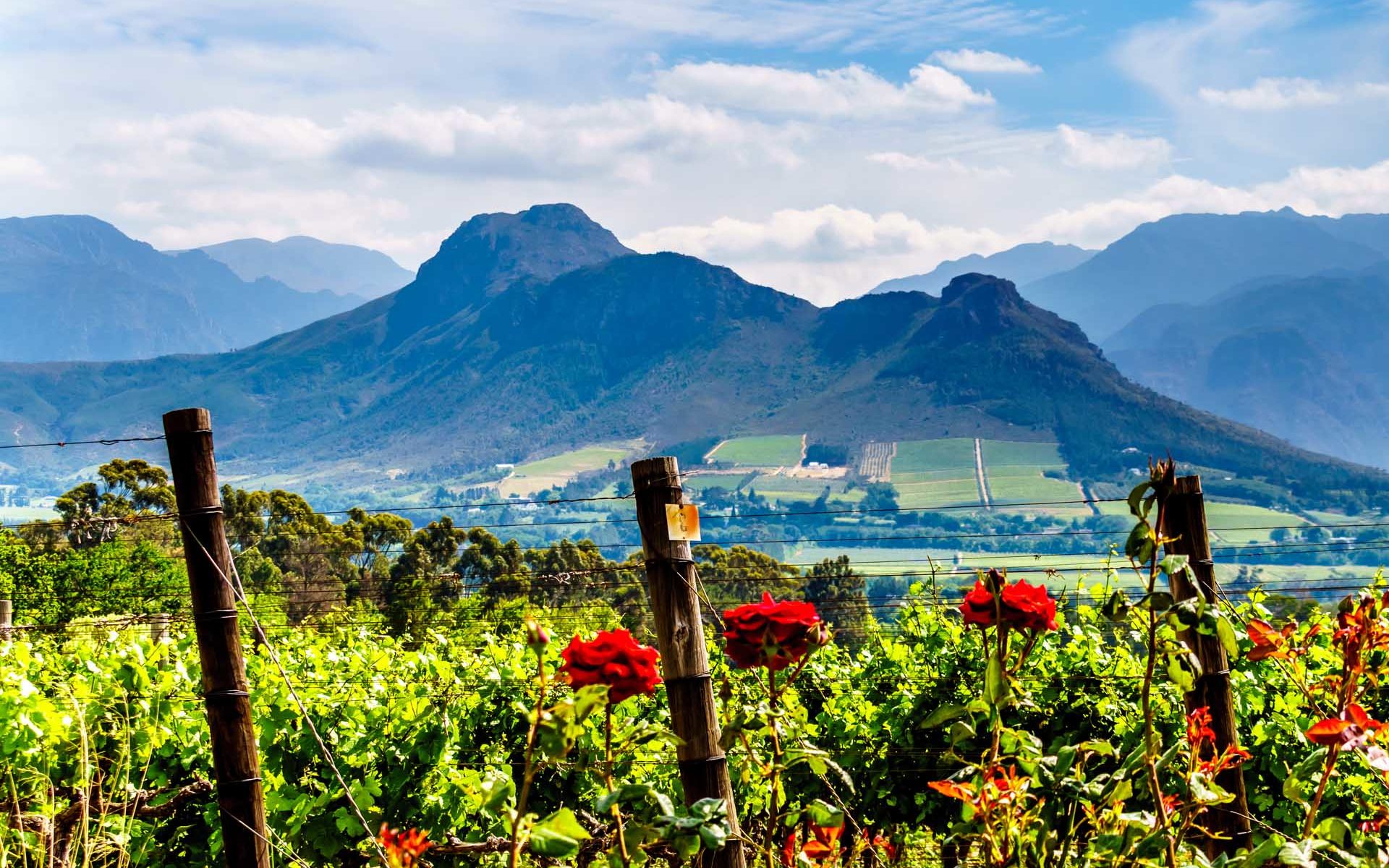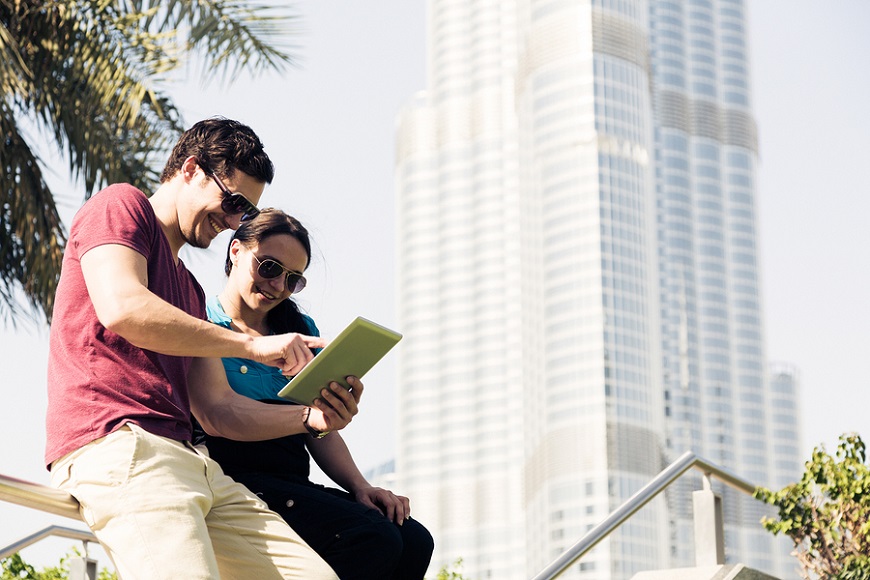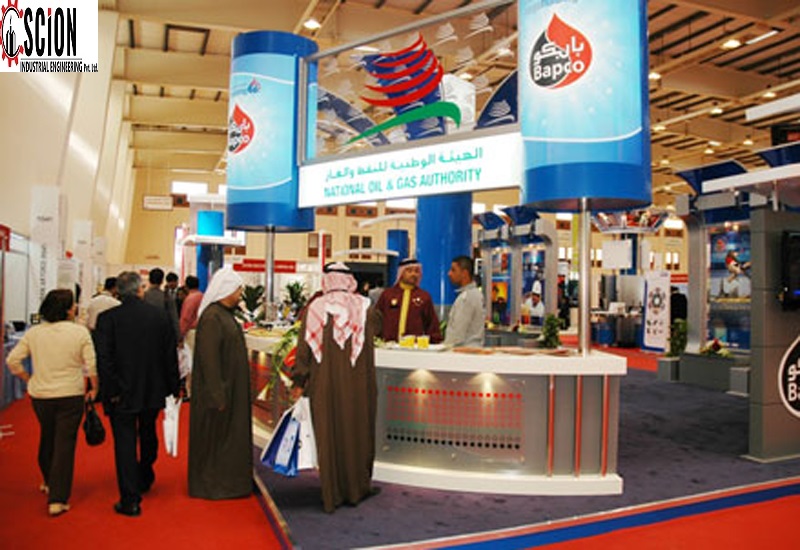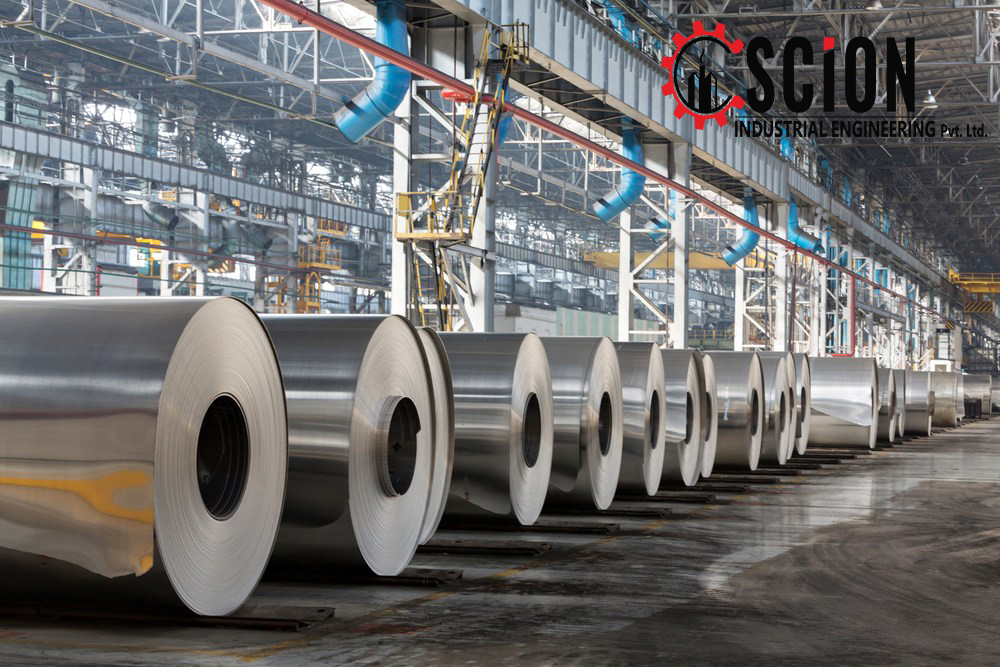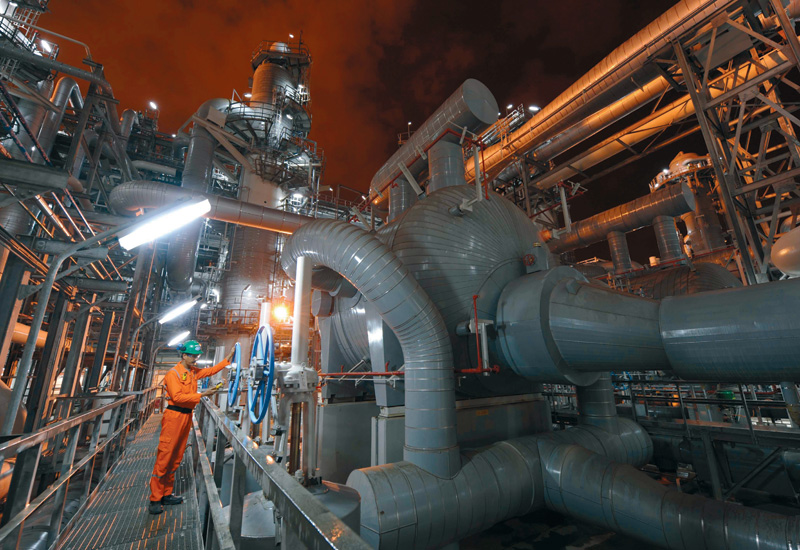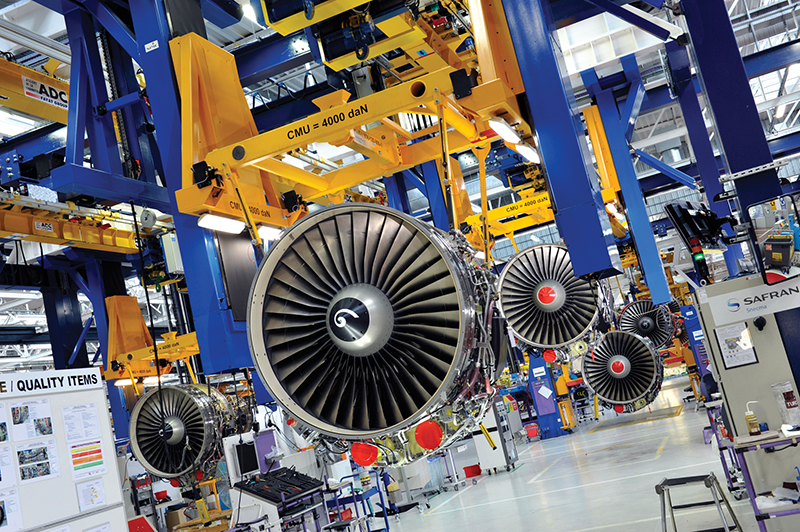Saudi Arabia has emerged as a key player when it comes to environmental responsibility, setting ambitious targets to mitigate greenhouse gas emissions via carbon credit offsets.
At the forefront of Saudi Arabia’s environmental initiatives is the dynamic approach to carbon neutrality. The Kingdom is determined to not only reduce its carbon footprint but also actively contribute to offsetting emissions through a comprehensive carbon credit program.
In an interview with Arab News, Louis Corapi, chief financial officer at Gulf Cryo, a Dubai-based gas firm, shed light on the significance of this initiative, following the company’s launch of a carbon capture and utilization facility in Rabigh.
“Through Vision 2030 and the 2060 commitment to carbon neutrality, Saudi Arabia set clear sustainability goals. Carbon credits are an important component of this strategy. Having an exchange is itself a signal to companies that this commitment is about action and requires broad participation,” Corapi said.
He added: “Secondly, credits will need to be independently verified to be counted. This field is still developing, but we’re confident that it will help to stratify the most and least effective projects.”
Corapi further added that the assignment of dollar values to carbon credits represents a transformative shift in incentivizing sustainability initiatives for companies. By attaching a monetary value to these credits, businesses gain a financial mechanism to support projects that might face challenges in traditional boardroom approvals.
“We also recognize that there are industries that are both hard to abate and vital to global economies,” he added.
Saudi Arabia is pursuing carbon neutrality with a multi-pronged approach that touches on everything from transportation to energy.
The Kingdom realizes how critical it is to actively pursue offsetting measures in addition to actively reducing its own emissions.
“What’s less discussed is that there are also many industries that require carbon dioxide as a key component to their manufacturing process. That started to change in 2014 when Gulf Cryo, together with our partner Equate, started a carbon capture plant in Kuwait,” Corapi explained.
He added: “We just commissioned a new CO2 capture plant in Petro Rabigh and are constructing the plant at Ma’aden. Together these plants will capture over 1,000 metric tonnes of CO2 per day which means 1,000 tonnes per day of fossil fuel burning is permanently stopped.”
For many years, carbon dioxide emissions have been removed and stored using carbon capture utilization and storage methods, which also enhance the quality of natural gas.
In addition to ensuring fossil fuels satisfy the world’s pressing energy demands, carbon capture simultaneously lowers emission levels and provides a means of assisting in the achievement of net-zero emissions by 2050.
Saudi Arabia declared a target of 44 million tonnes of carbon capture year by 2035, setting a high standard for emission reduction.
By 2027, Aramco and the Kingdom’s Ministry of Energy hope to build a hub in Jubail with a 9 million tonne annual storage capacity.
“Today, projects are only viable when there is a clear end user for the CO2. As long as businesses continue to evaluate investments with classical financial models, decisions are delayed, and emissions continue unabated,” Corapi said.
Furthermore, when asked for his opinion on what could be done better to implement carbon credit offset strategies, Corapi noted that “there is so much more to do, and that we don’t have time to waste,” adding: “We’ve demonstrated that effective technologies exist, but equipment is expensive to install.”
He went on to say: “Today, projects are only viable when there is a clear end user for the CO2. As long as businesses continue to evaluate investments with classical financial models, decisions are delayed, and emissions continue unabated.”
Source:https://www.arabnews.com/node/2470011/business-economy

